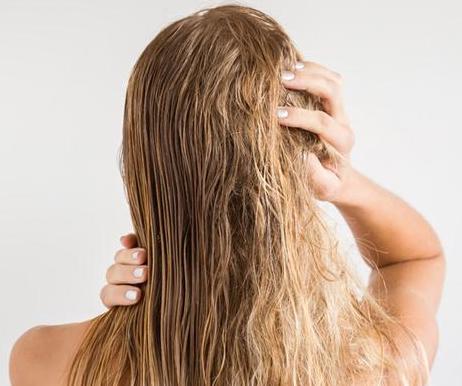Hair Tips
Protein-Moisture Balance for Hair
How to Balance Protein-Moisture of Hair
Protein-Moisture Balance for Natural Hair:
Your hair needs moisture as well as protein to stay healthy and balance. But when it comes to how, you might get lost. According to the article “Protein-Moisture Balance for Natural Hair: A Guide” it claims “Protein-moisture balance is when your hair texture has the proper hydration, nutrients, and strength to prevent breakage in your hair shaft.”
To add, keep in mind that too much protein can break your hair and as well, not enough protein can damage it too. All hair types needs protein but the amount of protein depends on what kind of hair is yours. For example, colored, blow-dried or straightened hair needs more protein that can be taken through leave-in products while if your hair is not colored or subjected to heat, you may not need much protein. Remember, anytime you apply an intense protein treatment, you must follow up with a deeply moisturizing conditioner. You cannot use protein and ignore moisturizing where if you don’t moisturize, you run the risk of brittle, damaged hair, which is exactly what you’re trying to fix or prevent in the first place.
Here’s a tip to know you have the right Protein-Moisture balance:
Take few strands of your hair, stretch it down and release it. If your hair bounces back to its original length, then your hair is balanced. If it stretches more than usual and breaks, you possibly have too much or not enough protein, and if you stretch it and it feels sort of weak and lifeless, you might have too much moisture.
How to balance?
If your hair is too moisturized, re-balance it with using conditioners containing protein but be sure to not overuse protein as it will get back dryness to your hair.
If your hair has a lot of protein where it is rigid, easily breaks and looks like a straw, use clarifying shampoo to lessen the protein and use deep conditioning to stay moisturized.
More information:
How to keep your dry Hair moisturized?
Curly hair is the most liable type to dryness because the sebum in your scalp takes longer to make its way to the rest of your curls. As well, overwashing and overstyling curly hair can make it worse.
Use oils to do hair masks weekly or look for natural oils ingredients in shampoos and conditioners to moisturize curly hair, for example: Argan, Olive, Almond, Coconut.
Thick hair can be moisturized with products containing shea butter, it requires deep moisturizing treatment.
For fine hair, if you use hair dye, heated tools, or wash your hair too often, you may find your hair dry. You can use a shampoo and conditioner that’s lightweight and designed for fine hair. Jojoba oil can be a good choice too.







